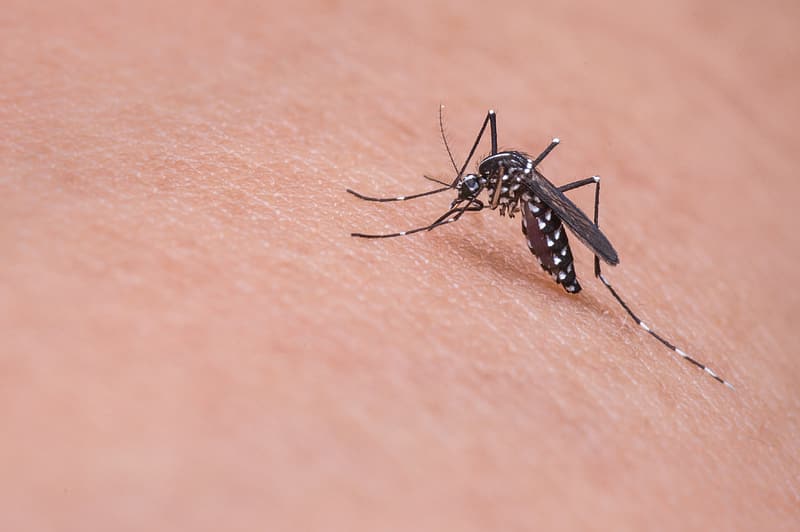Indonesia’s Ministry of Health has delayed the release of aedes aegypti mosquitoes carrying the wolbachia bacteria in Bali amid reports of public concerns toward the program, designed to reduce cases of dengue fever on the Island of Gods.
Siti Nadia Tarmizi, the ministry’s spokesperson, was quoted by Kompas as saying that her office would discuss the matter further with the Bali administration to ensure that aspects of the program are thoroughly communicated to the public.
“We are currently discussing with the Bali Provincial Government to temporarily delay the release of wolbachia and conduct further public dissemination until the community is prepared,” she said over the weekend.
The release of mosquitoes carrying wolbachia was proposed as a novel strategy to combat the transmission of dengue fever in Indonesia. This initiative was intended to complement ongoing interventions such as the eradication of mosquito breeding sites (PSN).
According to Nadia, Bali was selected as one of the trial locations for the program, which was a collaborative effort with the World Mosquito Program (WMP), Indonesia. Other cities include Semarang, Bandung, West Jakarta, Bontang, and Kupang.
Local reports say that the program was supposed to be implemented in Bali on Nov. 13.
WMP, a non-governmental organization affiliated with Monash University, Australia, focuses on safeguarding the global population against mosquito-borne diseases like dengue fever, Zika, yellow fever, and chikungunya.
WMP’s activities in Indonesia involve a research collaboration led by the Faculty of Medicine, Public Health, and Nursing of Gadjah Mada University, funded by the Tahija Foundation.
Separately, Acting Bali Governor Sang Made Mahendra Jaya said yesterday in Denpasar that the planned distribution of wolbachia mosquitoes had generated both support and opposition among the people of Bali.
“If there are still people who do not accept it, then we postpone it,” he said.
Online, some have been stoking fears over the program, citing unknown risks and the possibility that it could lead to an outbreak of a new disease.
Acting Buleleng Regent Ketut Lihadnyana was quoted by DetikBali as saying that his administration would wait for an official decision from the central government before carrying through with the program.
The wolbachia method involves introducing the naturally occurring bacteria into aedes aegypti mosquitoes, the primary carriers of viruses that cause diseases like dengue fever, Zika, and chikungunya.
These bacteria, when present in the mosquitoes, interfere with their ability to transmit viruses to humans.
When wolbachia-carrying mosquitoes breed with wild mosquitoes, they pass on this bacterium to their offspring, gradually reducing the mosquito population’s ability to spread diseases.
This innovative approach aims to curb the transmission of mosquito-borne diseases and has been part of various trials worldwide as a promising method for disease control.



